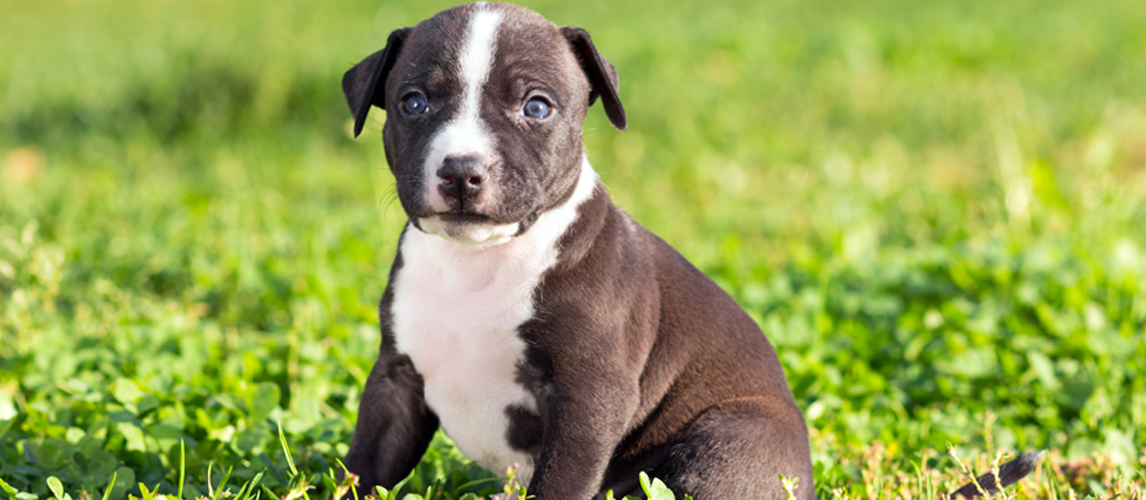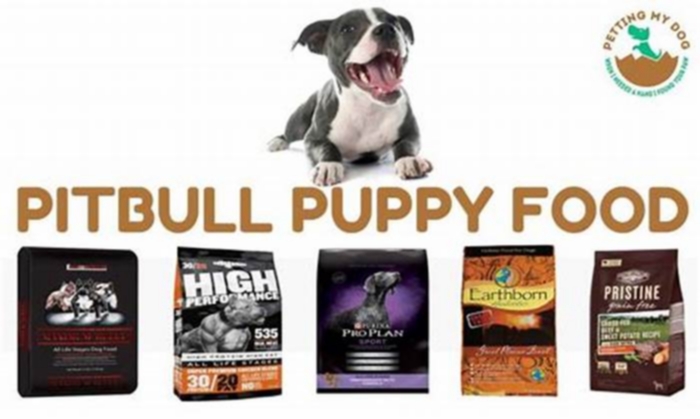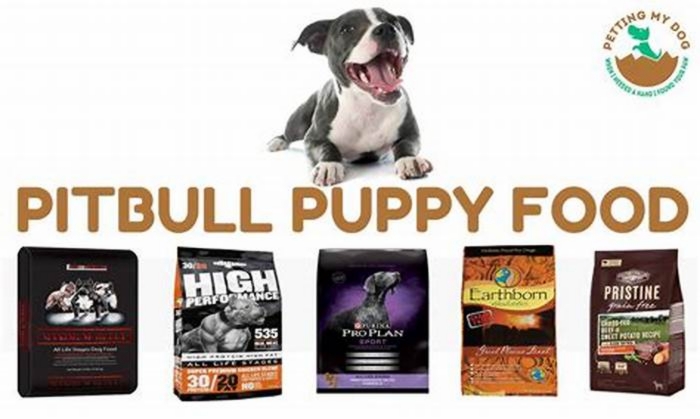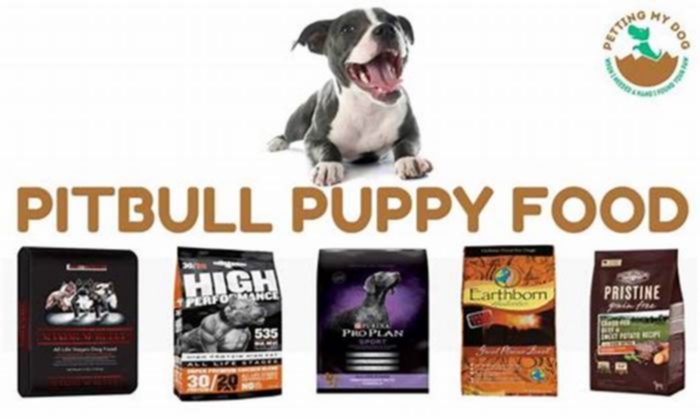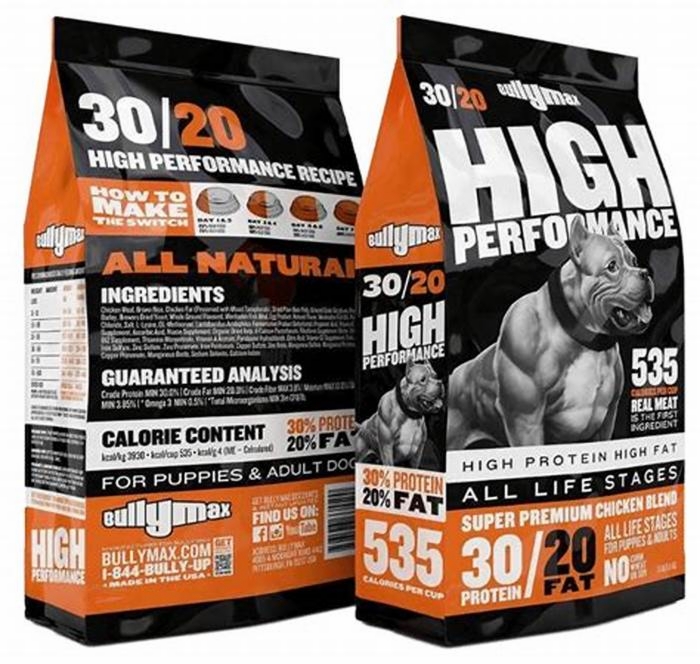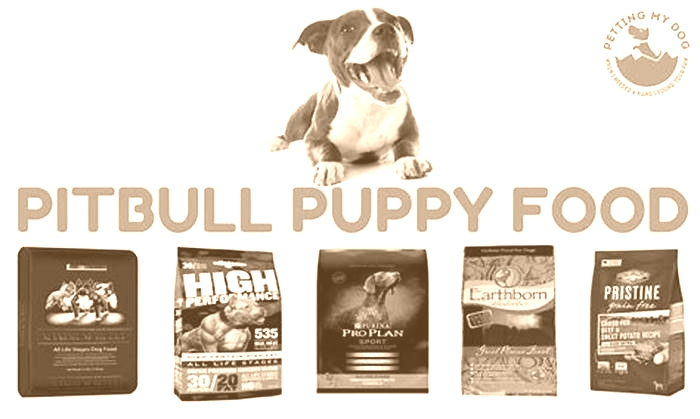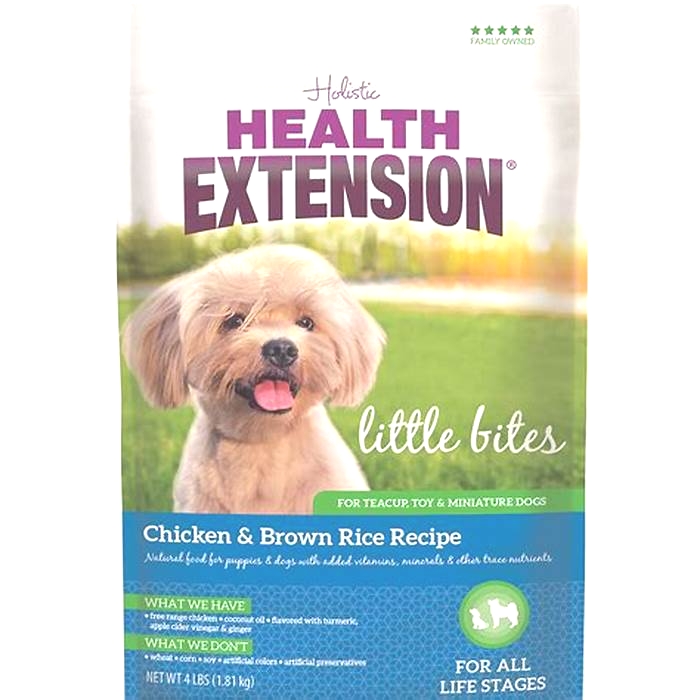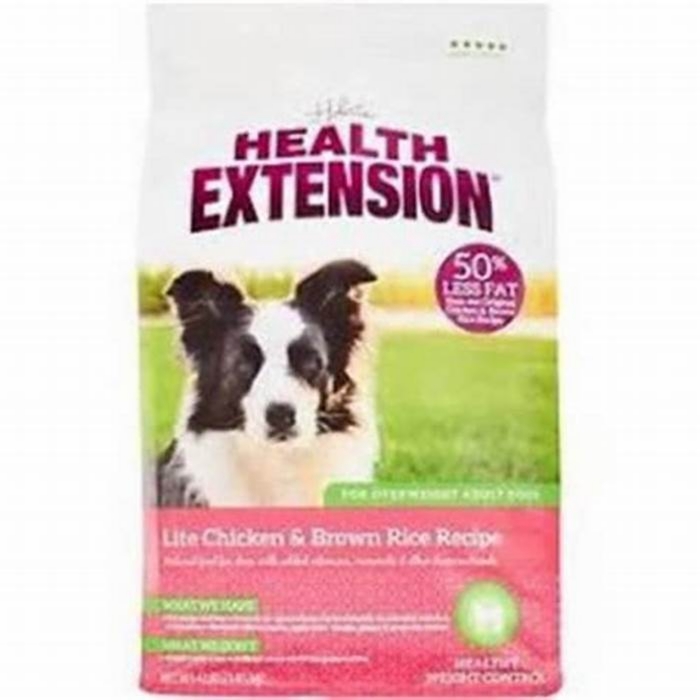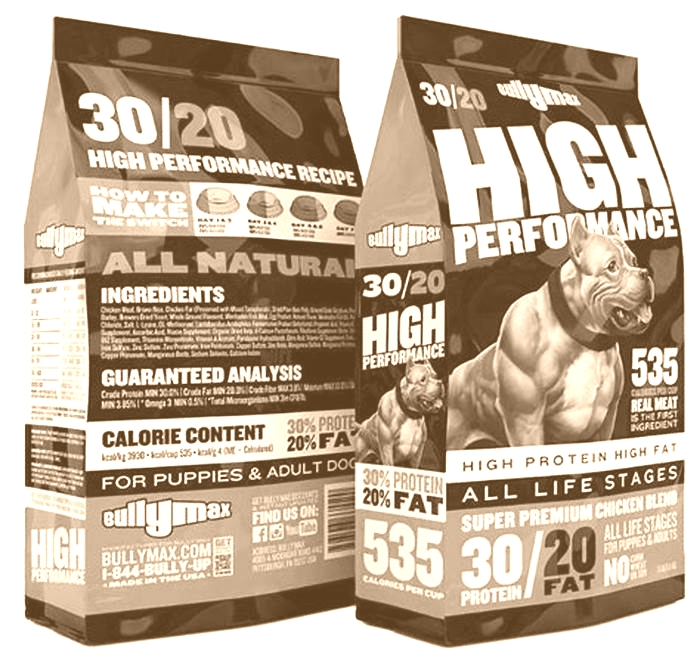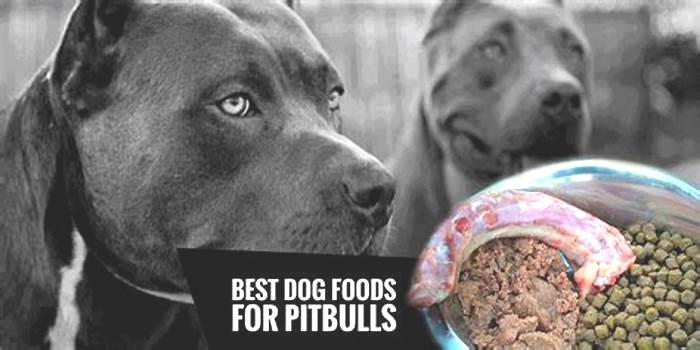best dog food for pitbull to lose weight
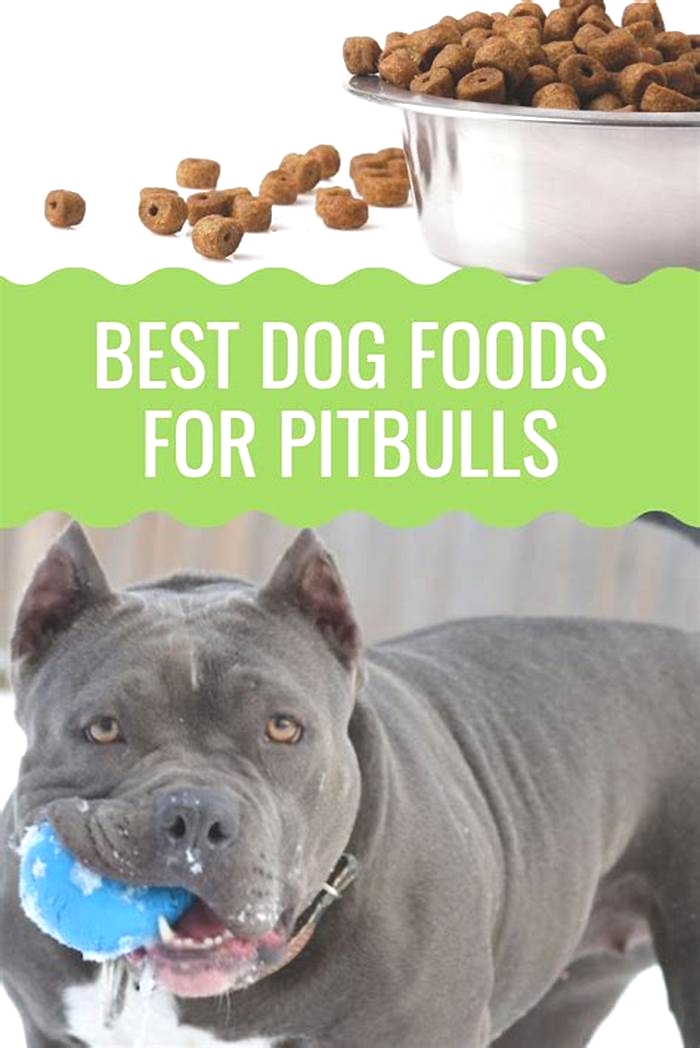
Whats the Best Kind of Dog Food for Weight Loss?
Today, pudgy pups are becoming the norm in many U.S. households. According to theAssociation for Pet Obesity Prevention(APOP), an estimated 56% of dogs are overweight or obese.
Because obesity in dogs is associated with a host of medical ailmentsfromdiabetesandosteoarthritistoheart diseaseand cancerits important to find the best dog food for weight loss to complement your pets weight-loss plan.
How to Put a Dog on a Diet
To get your dog on a weight-loss diet, youll need to determine their target weight, calculate their recommended calorie intake, choose the best dog food for weight loss, establish a feeding routine, and work toward reaching their target weight.
Calculating Your Dogs Calorie Intake and Target Weight
For otherwise healthy dogs, most veterinarians will calculate the calories your dog needs with a maximum goal of losing 2% of initial body weight per week. Depending on a number of factors, a loss of 0.5% of initial body weight per week can be used as the minimum desired rate of weight loss.
Your veterinarian will also determine your dogs target weight and the amount of time needed to reach this goal. Then your veterinarian can suggest the best dog food for weight loss, explain ways to determine how much to feed, and schedule regular weigh-ins. Often, the weigh-ins will be scheduled every two weeks for the first two months of weight loss. Your dogs diet will be adjusted based on how theyre doing.
Once your dogs target weight is achieved, a new feeding plan will be initiated with the best weight-management dog food to stabilize your dogs body weight.
Choosing the Right Dog Food for Weight Loss
Weight loss happens when the calories your dog is taking in (through food and treats) are less than the calories expended (through exercise and maintenance needs). Pet parents are responsible for what dogs eat and have control over the calories they take in.
Prescription weight-loss diets are incredibly effective in the battle of the bulge.Several components to look for in a weight loss diet include:
Nutrient and Caloric Density
The value of choosing a diet formulated specifically for weight lossand not weight control or weight managementis related to two factors:
Calories in a set serving of dog food
Nutrients in that same serving
Diets formulated for weight loss in dogs are designed to decrease caloric intake (so weight loss occurs) while also maintaining appropriate nutrient levels and not inducing nutritional deficiencies.
If you simply feed less of a regular or weight maintenance food, your dog may not get the necessary nutrients, as these diets are nutritionally complete based upon a regular-sized portion, not a diet-sized portion.
Higher Fiber and Lower Fat
Diets higher in fiber and lower in fat promote satiety (a feeling of fullness) while still having a lower caloric density than regular dog foods. Dietary fiber cant be digested, so it adds no calories to a dogs diet.
Weight-loss foods tend to contain sources of both soluble and insoluble fiber because this combination promotes weight loss while not leading to unpleasant side effects like dramatically increased poop production or a dog food that tastes yucky.
Dietary fat is the most calorie-dense nutrient, containing more than twice the number of calories per gram in comparison to proteins and carbohydrates so it makes sense to limit the amount of fat in dog foods designed to promote weight loss.
Therapeutic L-Carnitine Levels
L-carnitine is an amino acid thathelps move more fatty acids into cells to be burned for energy. This helps dogs move and metabolize fat instead of storing it. Look for L-carnitine in the dog foods ingredient list. It may also be listed under the Guaranteed Analysis section of the food label.
Antioxidants
Diets formulated for weight loss are often enriched with antioxidants that neutralize free radicals that damage cells. Many of these antioxidants also have an anti-inflammatory action. This can benefit dogs who are overweight because they tend to experience more inflammation than slimmer dogs do.
Creating a Feeding Routine for Your Dogs Weight-Loss Plan
Its important for you to work with your veterinarian to create a feeding routine that keeps your pup satiated while also on track with their weight-loss plan. Here are a few tips you can follow to help your dog hit their weight-loss goals:
Measure out the exact amount of food as directed by your veterinarian
Feed your dog several smaller meals throughout the day instead of feeding free-choice or just one or two large meals
Do not allow access to other pets food or human food
Limit treats and stick to vet-approved treats
Some vet-approved, low-calorie treats include:
Reaching Your Dogs Target Weight Through Exercise
Controlling food and calories is the most important part of a dogs weight-loss routine, but the process can be helped along by increasing caloric expenditures (burning calories).
Talk with your veterinarian about your dogs unique capabilities and needs before starting a new exercise routine. At your dogs weigh-ins, your vet will adjust their diet and exercise routine to ideally result in a rate of 1-2% body weight loss per week.
Many dogs lose weight in a stair-step fashion, losing quite a bit over a two-week period, and then not losing much over the next two weeks. Major alterations in diet plans are not usually done unless weight has not changed at two sequential examinations.
Maintaining the Ideal Weight
After your dogs target weight is reached, your dogs body weight should be monitored monthly to ensure that the ideal weight is maintained. Just remember that even after the diet is over, approved treats should still only comprise less than 10% of your dogs total caloric intake.
Featured Image: iStock/FatCamera
The Best Dog Food for Pitbulls in 2022
Best Dog Food for Pitbulls Buying Guide
If youre still not sure which food is the best choice for your beloved Pitbull pup, read on for our full buying guide and FAQ to help you make the call.
Benefits of Feeding Your Pitbull a Healthy Diet
Feeding your Pitbull a diet with lots of protein, vitamins and minerals will ensure they have lots of energy to lead an active and healthy lifestyle enough for all the long walks and games of tug-of-war you have the energy for!
- Prevent or control health conditions
Just as in humans, a healthy diet can help prevent and manage a variety of health issues. For example, bone diseases such as hip dysplasia are common in Pitbulls, but a diet high in Omega-3 fatty acids can help reduce joint pain and swelling, whilst a calorie-controlled diet can help manage weight, relieving pain and other symptoms.
If your Pitbull suffers from food allergies, cutting the ingredients they are intolerant to out of their diet can make a huge difference to their health. Common allergens include beef, poultry, dairy and grains.
Pitbulls are prone to obesity, especially when fed a poor diet or given too many treats. Help to keep your pup a healthy weight by giving him a carefully controlled, nutritious diet that fills him up. Check out our guide on dog food for weight loss for more info.
A diet high in Omega-3 and Omega-6 fatty acids will help maintain your pups skin and fur, alleviating skin conditions and and contributing to a glossy, healthy-looking coat.
A healthier Pitbull means fewer trips to the vet! This will save you time, money and a whole lot of worry, and most importantly means less stress and trauma for your precious pooch.
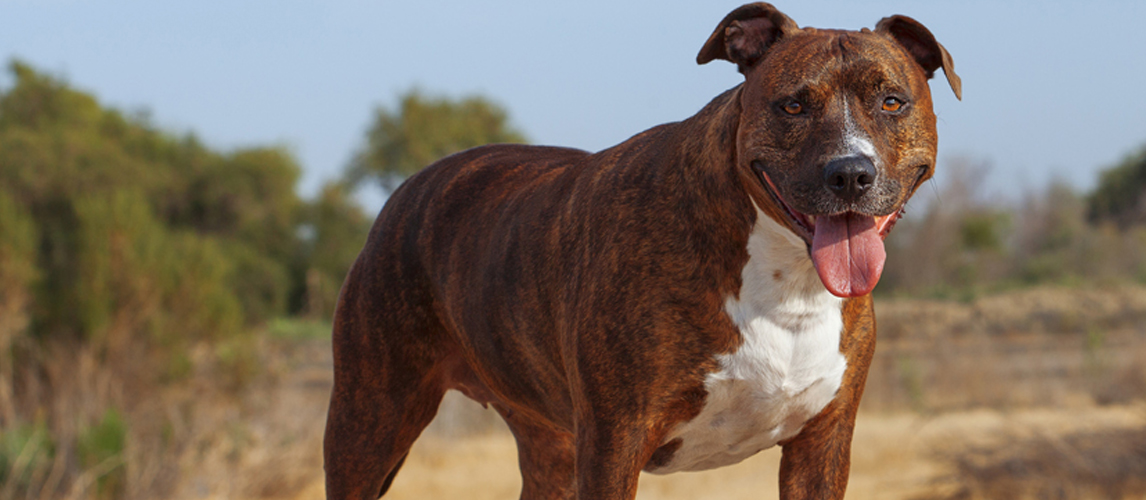
Nutritional Requirements for Pitbulls
Pitbulls are muscular, active dogs, and one of their most important nutritional requirements is a high protein content, which will give them plenty of energy. Food with 20% to 30% protein is ideal for fully grown adults. For puppies and senior Pitbulls (age 8 upwards), you should look for a protein content of up to 40%, as dogs in these age ranges dont digest protein as effectively as adults. A good high protein dog food for Pitbulls will be based around a fresh, lean meat protein source, such as venison, turkey or duck, with little to no meat by-products. You may also like our article on high protein dog food for more info.
Fiber is essential for good digestion, allowing your Pitbull to make the most of the nutritious food hes eating and keeping him regular. It is particularly important for senior dogs, who might struggle to digest and metabolize food effectively. Look for a food with plenty of fruit and vegetable ingredients such as sweet potato, kale and carrots to help aid your pups digestion.
Grains such as wheat and corn are often used as fillers in lower-quality commercial dog food, as a cheap way to bulk out the formula. Although dogs can digest grain, its nutritional value is low, and many people believe that as it is not part of a dogs ancestral diet, it shouldnt form a major part of a modern day dogs diet. Grain can also be a food allergen in some Pitbulls, causing symptoms such as skin rashes, vomiting and diarrhea. Try to find a grain-free formula that instead relies on fresh meat, fruit and vegetables as the main ingredients. Take a look at our review of grain free dog food for more info.
- Lots of vitamins and minerals
In order to be healthy, Pitbulls need a diet high in essential vitamins and minerals, including calcium, which promotes growth and strong bones. Vitamins and minerals are mostly found in fruits and vegetables. Often the most nutritious veggies for Pitbulls are the same as those for humans look for superfoods such as sweet potato, blueberries, spinach and kale, which provide the highest nutrient content per quantity.
- Omega-3 and Omega-6 fatty acids
In order to support healthy bones, joints, skin and coat, your Pitbull needs a diet containing Omega-3 and Omega-6 fatty acids. These can be obtained from sources such as oily fish and flaxseeds. Head over to our review of the best fish oil for dogs for more alternatives.
Finally, your Pitbull needs a certain amount of fat in his diet (although not too much, as this can lead to obesity). Look for food that contains 15 20% fat, from sources such as chicken fat.
Common Pitbull Health Problems
Skin allergies are possibly the most common Pitbull health problem, attributed to their short coats. Allergic reactions can be triggered by environmental factors, such as pollen or grass, or by certain foods, including beef, dairy, grain and wheat. Symptoms can include sore, red or itchy patches on the skin, runny eyes, ear infections, sneezing, vomiting and diarrhea.
Pitbulls are prone to certain bone diseases, including hip dysplasia, kneecap dislocation and degenerative myelopathy. Hip dysplasia affects your Pitbulls ball and socket hip joint. Symptoms include pain, an uneven gait, difficulty climbing stairs, decreased mobility, and, in extreme cases, lameness.
Cataracts in Pitbulls are not limited to senior dogs they can be genetic, and thus occur at all ages, including in puppies. Symptoms include clumsiness, eye rubbing, a cloudy eye, and irritation, discharge or redness around the eye.
- Heart defects and disease
Pitbulls can also suffer from congenital heart disease, heart murmurs, and irregular heartbeats. Symptoms for such conditions can include breathing difficulties, weakness, fainting, and weight or behavioral changes.
Obesity is a problem among all dog breeds, with approximately 56% of dogs in the U.S. being overweight or obese. Pitbulls muscular frames are prone to obesity, especially if theyre fed a high calorie diet and dont get enough exercise. Get your pup weighed by your vet regularly to monitor for signs of weight gain.
Our Top Pick
There are some delicious and nutritious foods on this list, but if we had to pit them against each other, our favorite food for Pitbull puppies has to be the Taste of the Wild Grain Free High Protein High Prairie Dry Puppy Food. This high quality dog food provides well-balanced nutrition based on the ancestral diet your pup would have followed in the wild. The high protein content sourced from real buffalo and venison meat is perfect for Pitbull puppies, who find it harder to digest protein than adults, but need plenty of energy for all their antics! There are lots of fruits and veggies to provide essential vitamins, minerals and antioxidants, and the grain-free formula limits the chances of your Pitbull pup having an upset stomach although you should always monitor your dog closely for any signs of an allergic reaction when introducing them to a new food for the first time.
